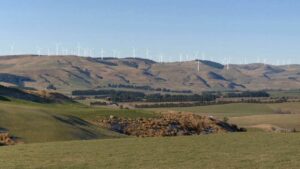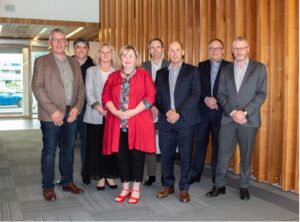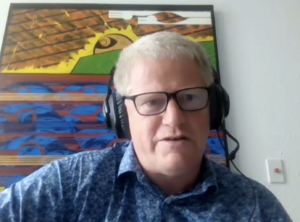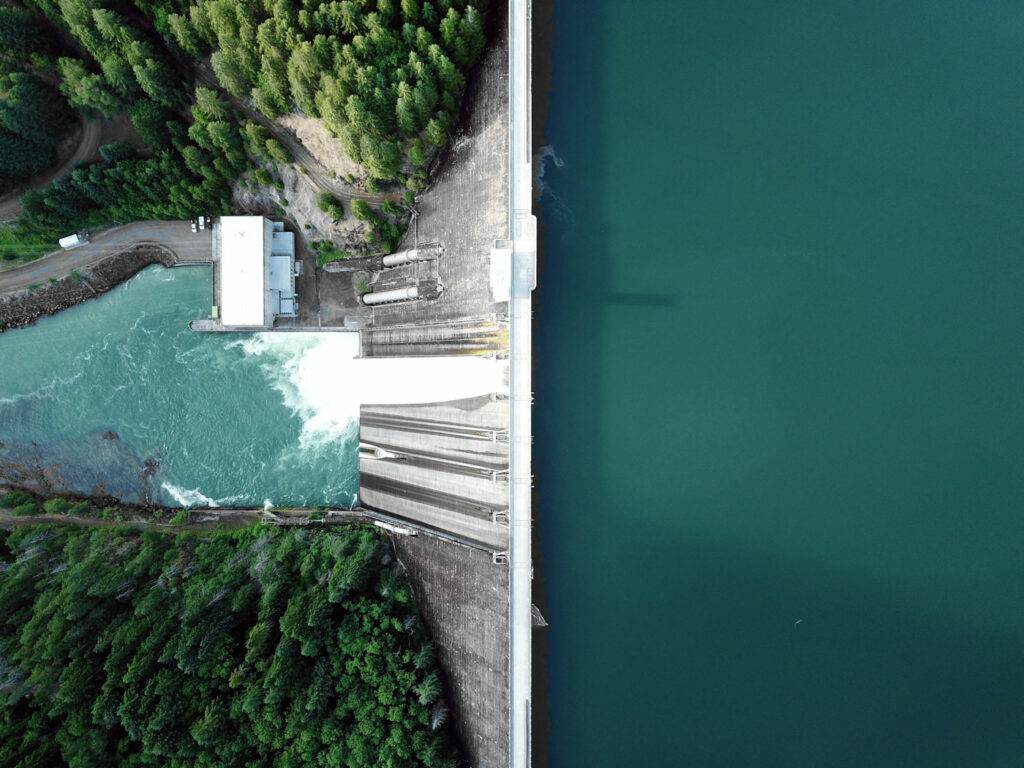Clean Energy
The world’s energy system is changing. Burning fossil fuels to produce electricity, power vehicles and manufacture goods is driving climate change. Governments around the world, including New Zealand’s, have committed to reducing our reliance on fossil fuels. These changes are both a challenge and an opportunity.
New Zealand is lucky to have abundant renewable energy, and already produces over 80% of its electricity using renewable resources. Southland’s Manapōuri Power Station, New Zealand’s largest hydroelectric scheme, has supplied NZAS with clean energy for decades.
Through just transition engagement, the community said they want the benefits of Southland’s renewable resources to stay in the region. Establishing new energy-intensive industries, and developing additional renewable generation are both options for achieving this goal. Developing smaller supporting industries can capture more of the benefits of large clean energy projects.

Talks ramp up around Kaiwera Downs wind farm near Gore
A wind farm project near Gore, that’s been in the pipeline for close to 15 years, is understood to be closing in on becoming a reality.

Southland congratulated as work streams position region to be industry world leaders
Key members of the Southland community met yesterday with Labour’s Energy and Resources Minister, Dr Megan Woods, to share the vision of working together to

First Hui for Clean Energy Working Group
On Thursday 10 March, we kicked off with the first meeting of the Clean Energy Working Group, led through Murihiku Regeneration. The purpose of the
What’s being done?
Just transition funding is supporting Murihiku Regeneration to convene a clean energy working group. The role of this working group is to bring together interested regional and national partners to identify how Southland can make the most of the energy transition.
A key output of this work will be identifying what projects, training, investments and policy changes will support Southland’s clean energy ambitions. The working group will also be responsible for identifying how local clean energy ambitions interact with the national energy system.
Murihiku Regeneration will report back to the EOG on the first stage of this work in August 2022. Following this report back, Murihiku Regeneration will work with project partners to identify how the region can realise these ambitions.
